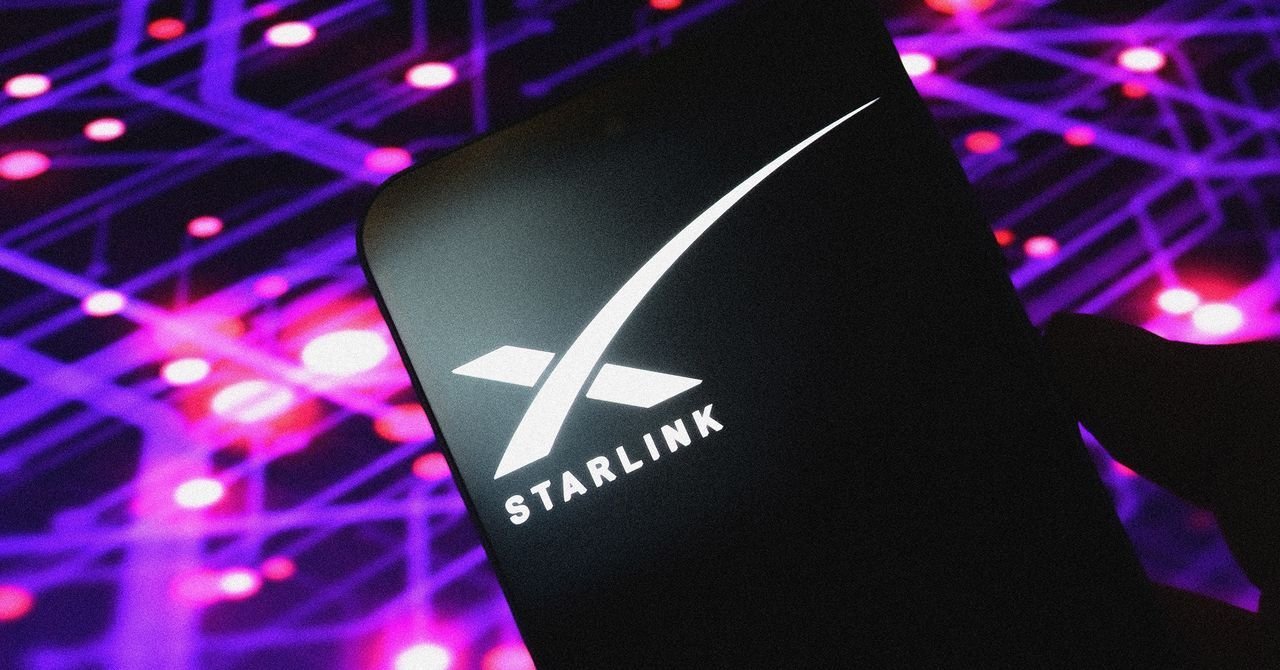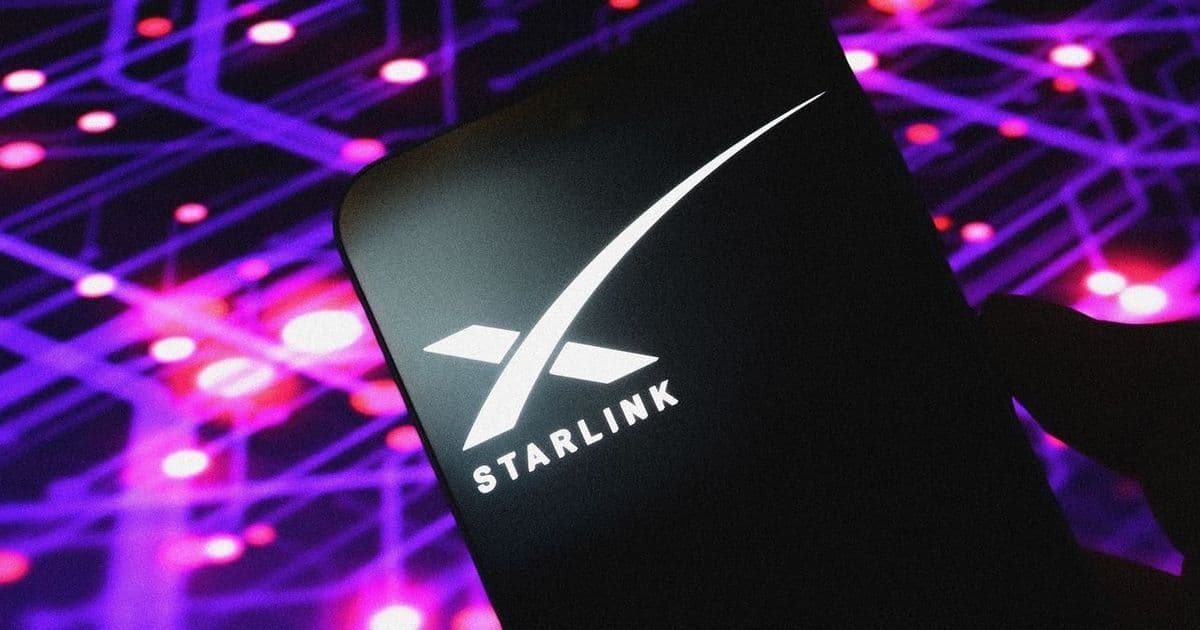In a bold move to disrupt global cybercrime, US authorities have issued seizure warrants for Starlink satellite internet devices allegedly fueling scam operations in Myanmar. These warrants aim to sever the digital lifeline of compounds raking in billions through cryptocurrency fraud targeting Americans. As the Justice Department ramps up its fight against Chinese-organized scams, the action highlights the growing role of satellite tech in enabling resilient criminal networks.
US Law Enforcement Targets Starlink Terminals in Crackdown on Southeast Asian Scam Compounds
In the shadowy borderlands of Myanmar and Thailand, where lush jungles meet the digital frontier, a new battle is unfolding against one of the world's most lucrative cybercrimes. Scam compounds—fortified hubs of forced labor and deception—have long preyed on victims worldwide, siphoning billions through sophisticated cryptocurrency investment frauds. Now, United States law enforcement is striking at their connectivity backbone: Starlink satellite internet terminals provided by Elon Musk's SpaceX.

Two recently issued US warrants, obtained by WIRED, authorize the seizure of Starlink devices and accounts linked to these operations. The first, signed on Wednesday by US Magistrate Judge G. Michael Harvey, targets nine terminals and two accounts in Payathonzu, near the Three Pagodas Pass on the Myanmar-Thai border. An accompanying FBI affidavit asserts that these devices played a 'substantial role' in money laundering and wire fraud schemes victimizing US citizens, urging SpaceX to disable service immediately. Investigators identified at least 26 Starlink dishes dotting the roofs of buildings in one scam center alone, part of a cluster of at least three in the area.
The second warrant, issued Monday by Judge Matthew J. Sharbaugh, focuses on websites used in scamming but also spotlights the notorious Tai Chang compound in Myanmar, controlled by the US-sanctioned Democratic Karen Benevolent Army. Here, officials counted at least 79 Starlink dishes, underscoring the scale of satellite reliance in these resilient outposts. Both documents reference a February WIRED investigation that exposed how these compounds turned to Starlink for high-speed internet after local telecom crackdowns.
A New Front in the War on Cyber-Scams
This escalation forms part of the freshly launched District of Columbia Scam Center Strike Force, announced Wednesday by the Justice Department, FBI, and Secret Service. The initiative targets cryptocurrency scams originating from Southeast Asia, often tied to Chinese organized crime, and has already seized about $400 million in stolen digital assets. 'The Department of Justice will not stand by while Chinese organized crime victimizes Americans,' declared US Attorney Jeanine Pirro during a press conference, emphasizing seizures of scam websites and now satellite terminals.
The affidavit details a specific scam branded 'Wealthob,' where fraudsters initiate contact via misdialed text messages, build trust on platforms like WhatsApp or Telegram, and lure victims into fake crypto investments. From January 2017 to November 2024, 22 US victims reported losses totaling $6.7 million. Records from SpaceX and Meta helped trace a scammer's phone number to Starlink systems, with the nine targeted devices registered under Philippine accounts.
SpaceX has not yet commented on the warrants, but in late October, Starlink VP Lauren Dreyer announced on X that the company had proactively disabled over 2,500 devices near Myanmar scam compounds, reportedly reducing usage there. The warrants now compel SpaceX to freeze or disconnect the specified terminals from its network, though physical seizure in Myanmar remains unfeasible due to jurisdictional challenges—a DOJ spokesperson noted they cannot discuss ongoing operations but confirmed the focus on suspending access.
The Tech Edge in a Billion-Dollar Underworld
Southeast Asia's scam ecosystem, concentrated in Myanmar, Cambodia, and Laos, relies on forced labor to scale operations that have evolved with technology. Scammers now leverage generative AI for personalized lures and deepfake videos for credibility, making fraud more convincing and efficient. Starlink's borderless, high-bandwidth service has proven ideal for these groups, smuggled in after Thai authorities severed traditional internet links. As John Wojcik, senior threat researcher at Infoblox, observes, 'Authorities in the region have reported a surge in Starlink being smuggled to support large-scale cybercrime... showing the profound impact of this fast-evolving billion-dollar industry.'
Despite raids—such as Thailand's February cutoff of power and internet to border compounds, or Myanmar's detention of over 10,000 people and partial destruction of one site—many operations endure. WIRED's earlier analysis of mobile data revealed hundreds of phones connecting to Starlink over 40,000 times at eight compounds between November 2024 and February 2025. This prompted US Senator Maggie Hassan to demand accountability from SpaceX, stating, 'SpaceX has a responsibility to block criminals from using the service to target Americans.'
For developers and cybersecurity professionals, this saga underscores the dual-edged nature of satellite internet: a boon for global connectivity in underserved areas, yet a vulnerability when exploited by criminals. As enforcement evolves, from asset seizures to tech partnerships with firms like Meta (which disrupted over seven million scam-linked accounts in 2024), the Strike Force signals a prioritized, multi-pronged assault on these networks. In cutting off their digital arteries, authorities aim not just to reclaim stolen funds, but to dismantle an industry that's bled the world dry—one fraudulent investment at a time.

Comments
Please log in or register to join the discussion